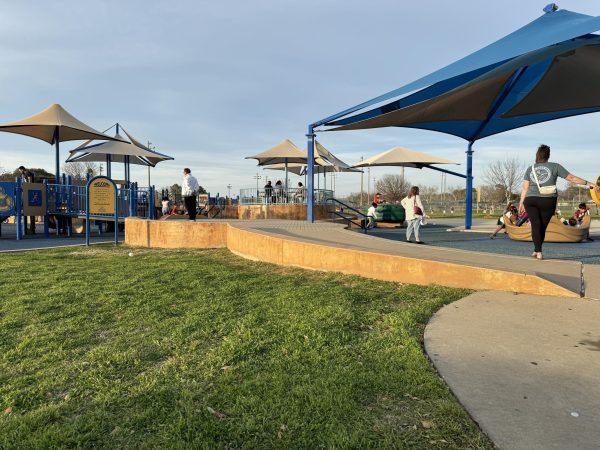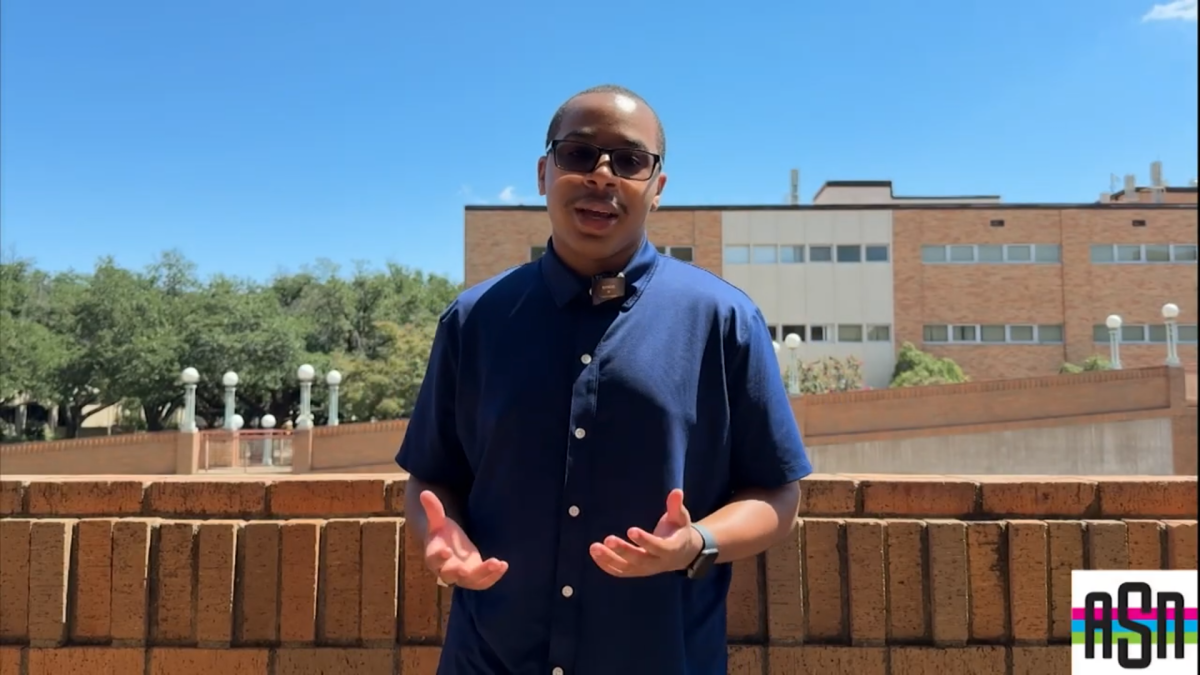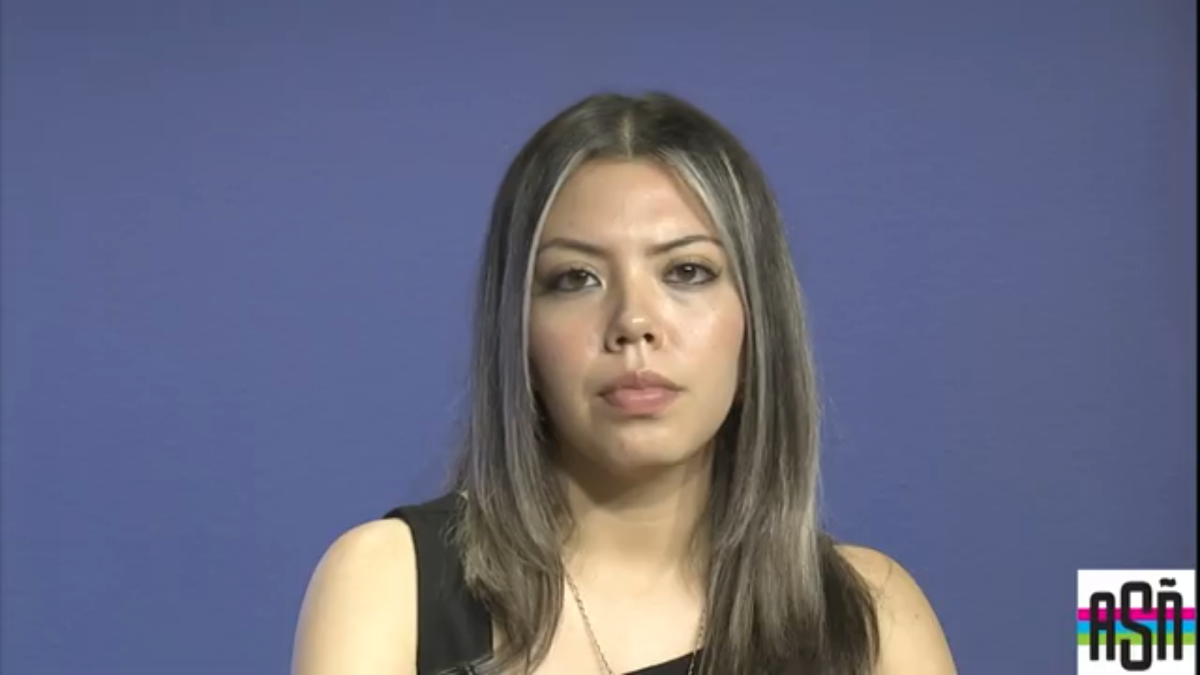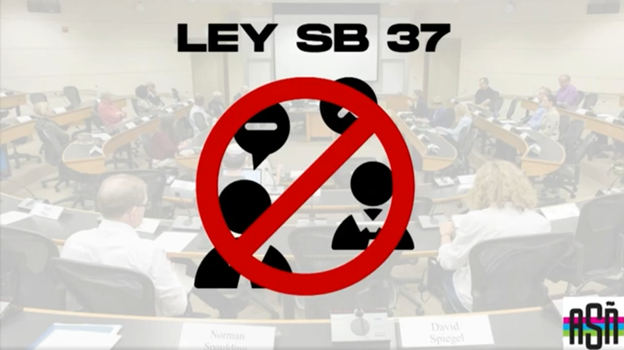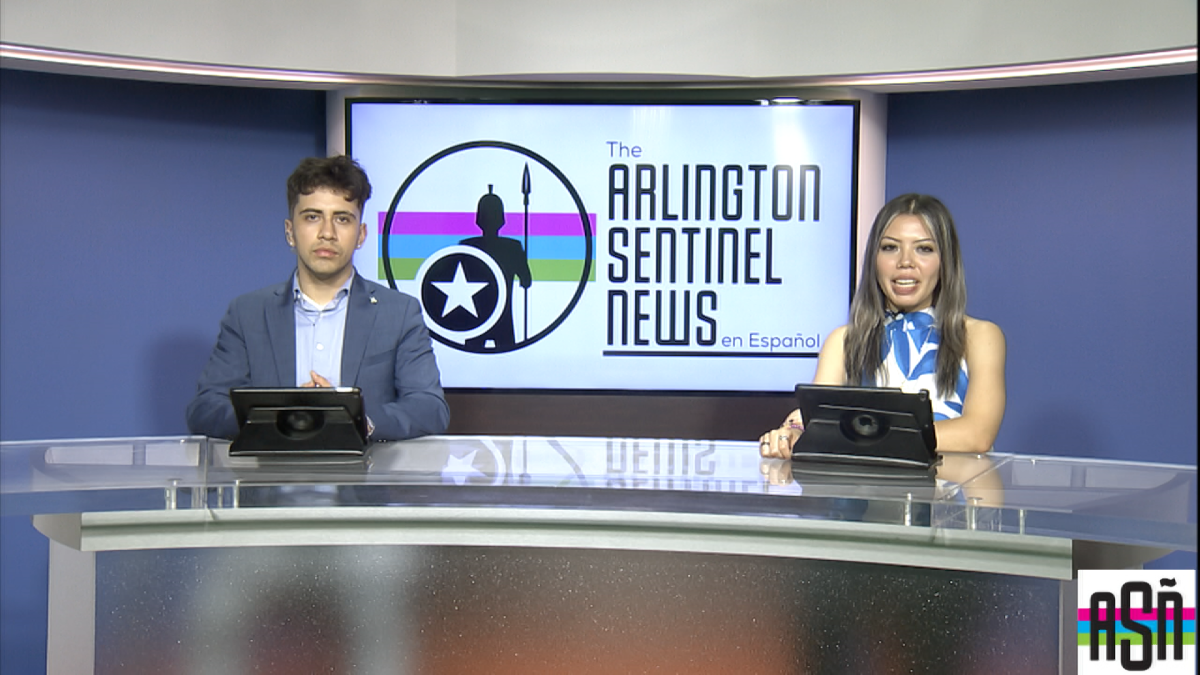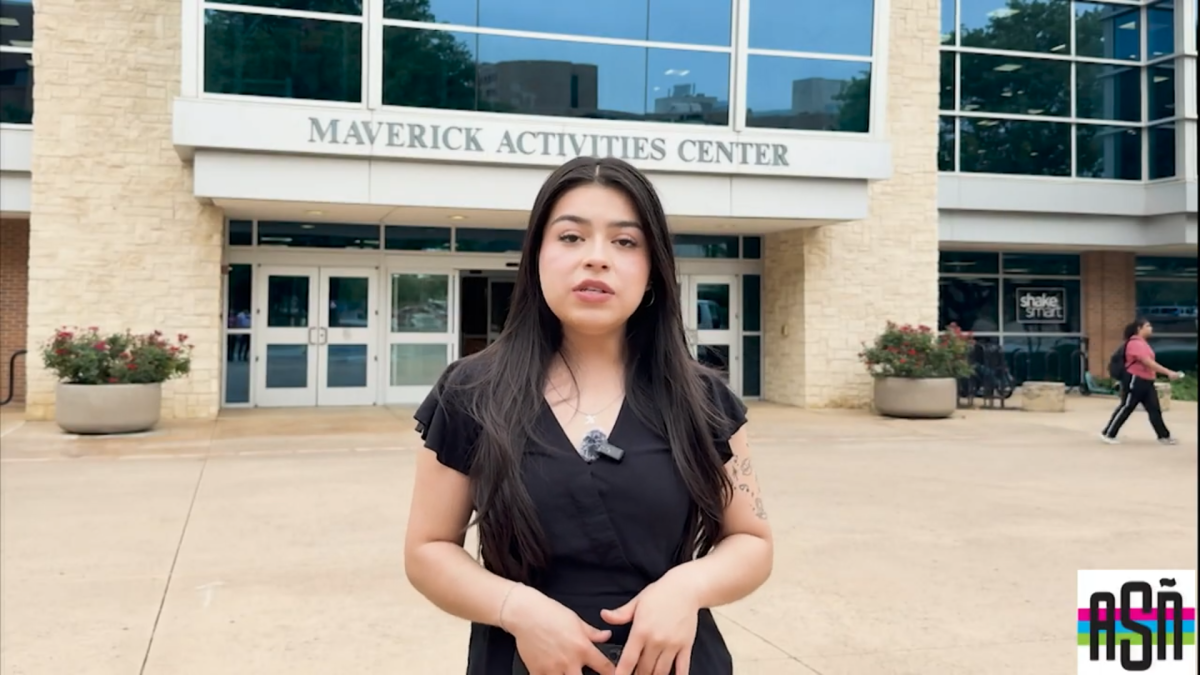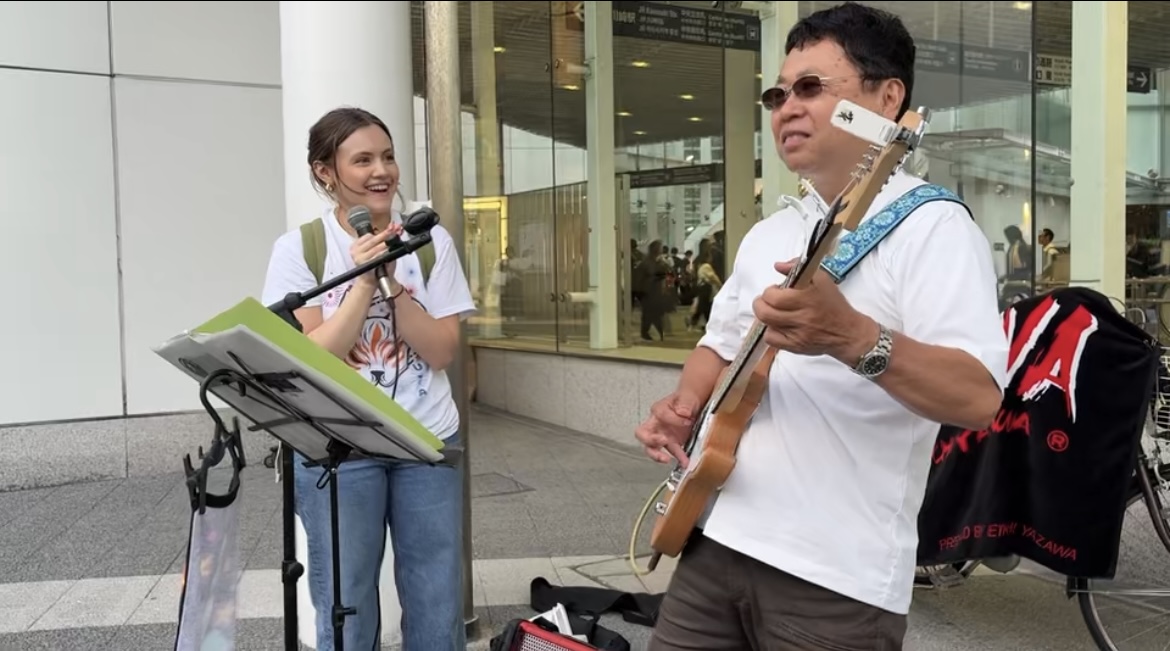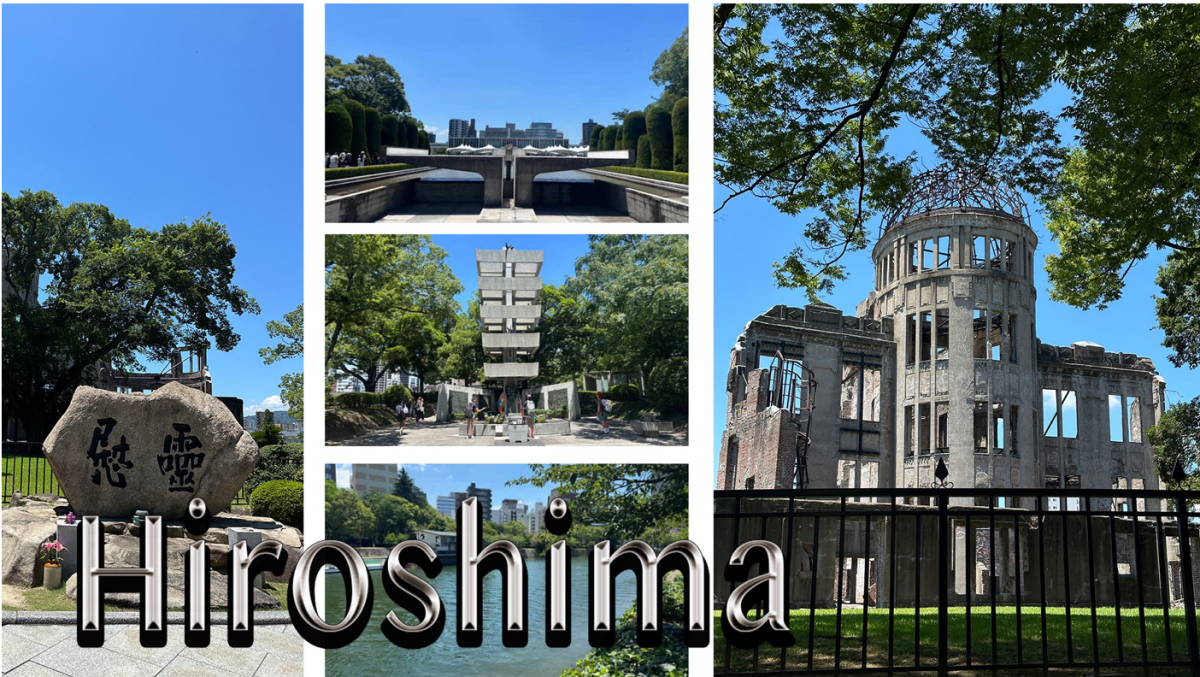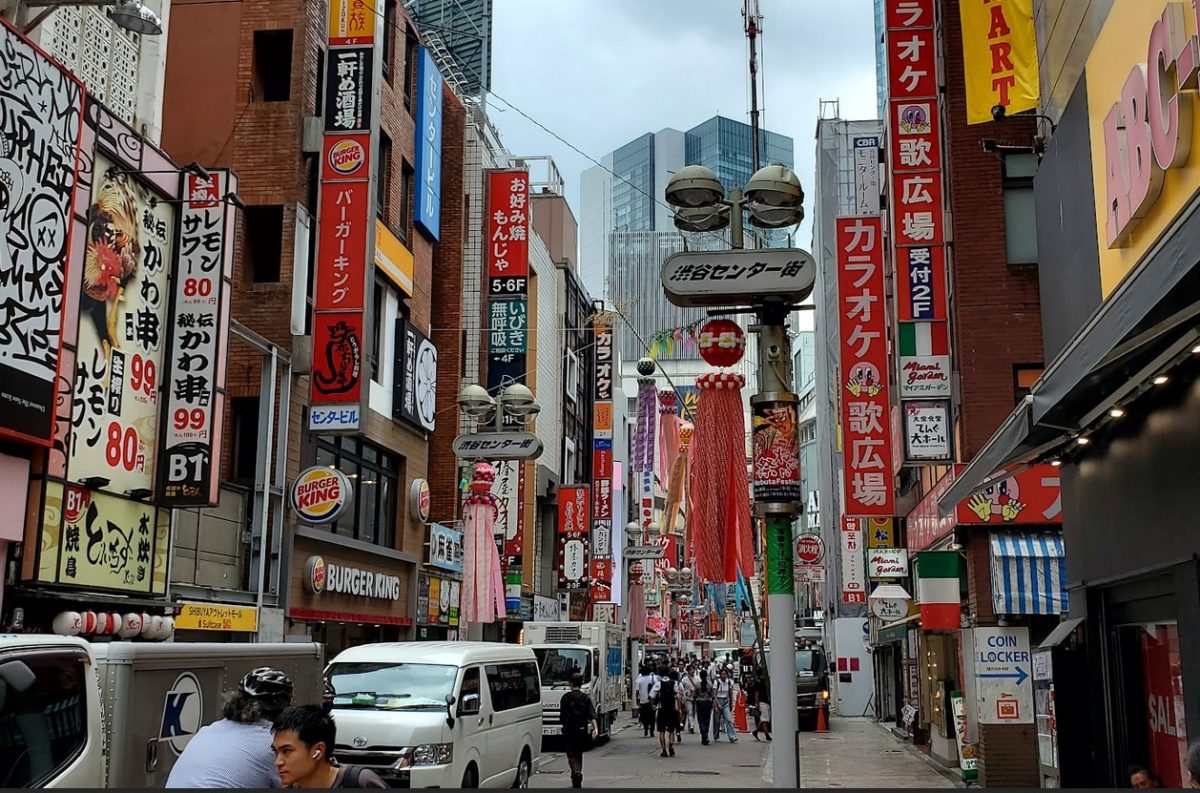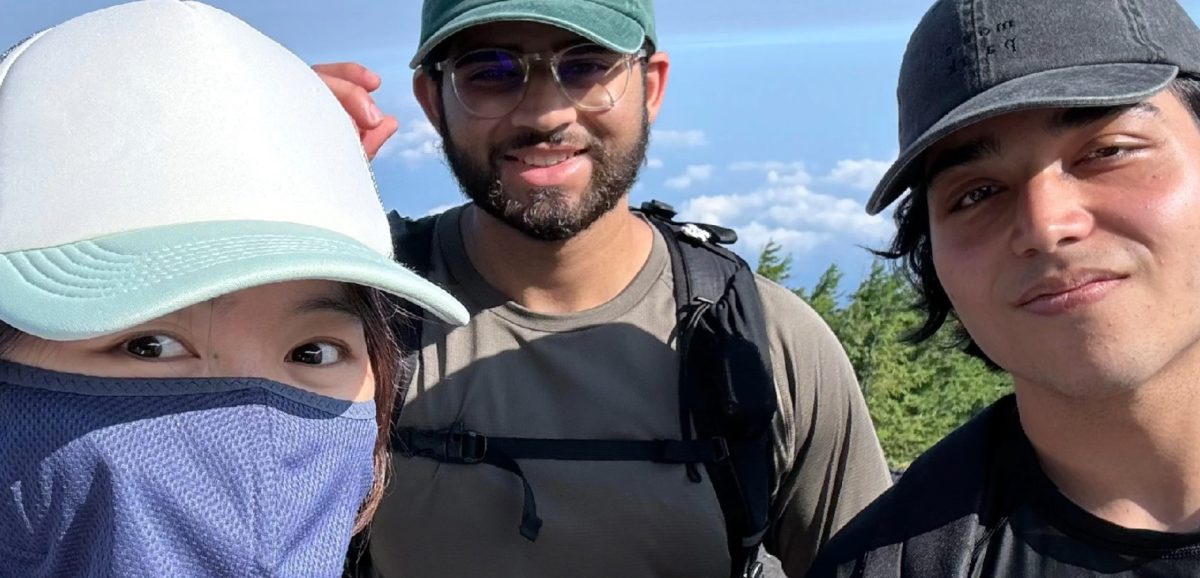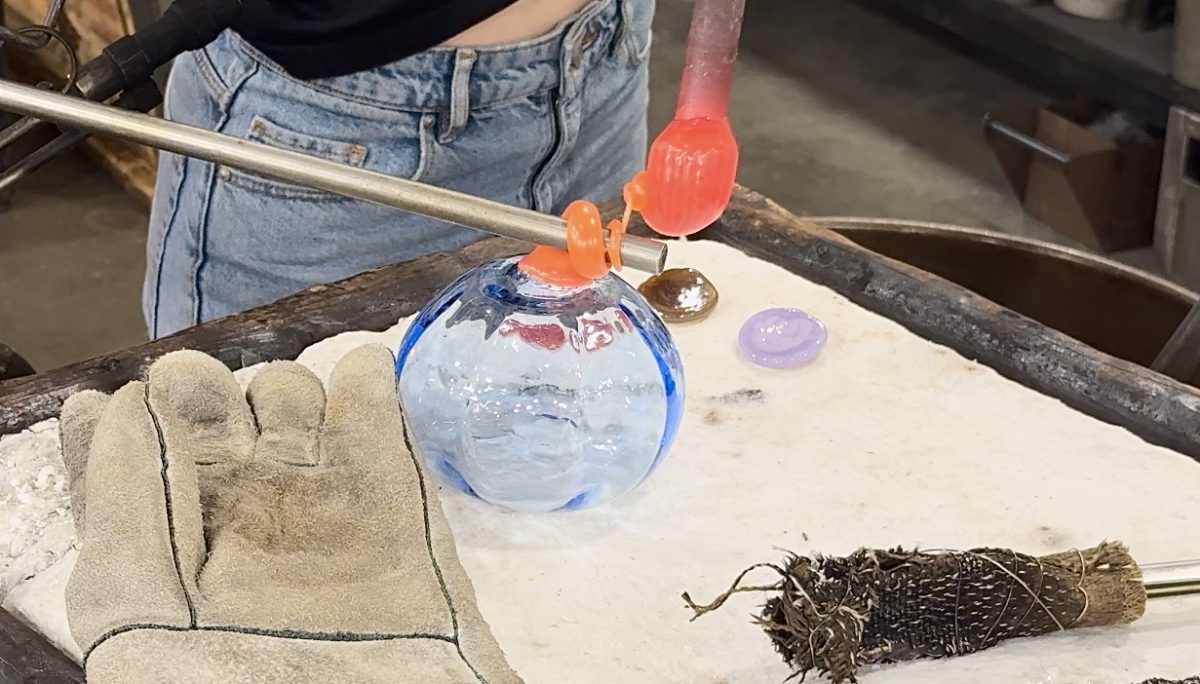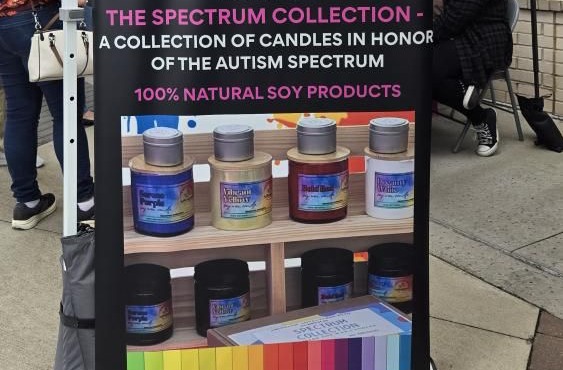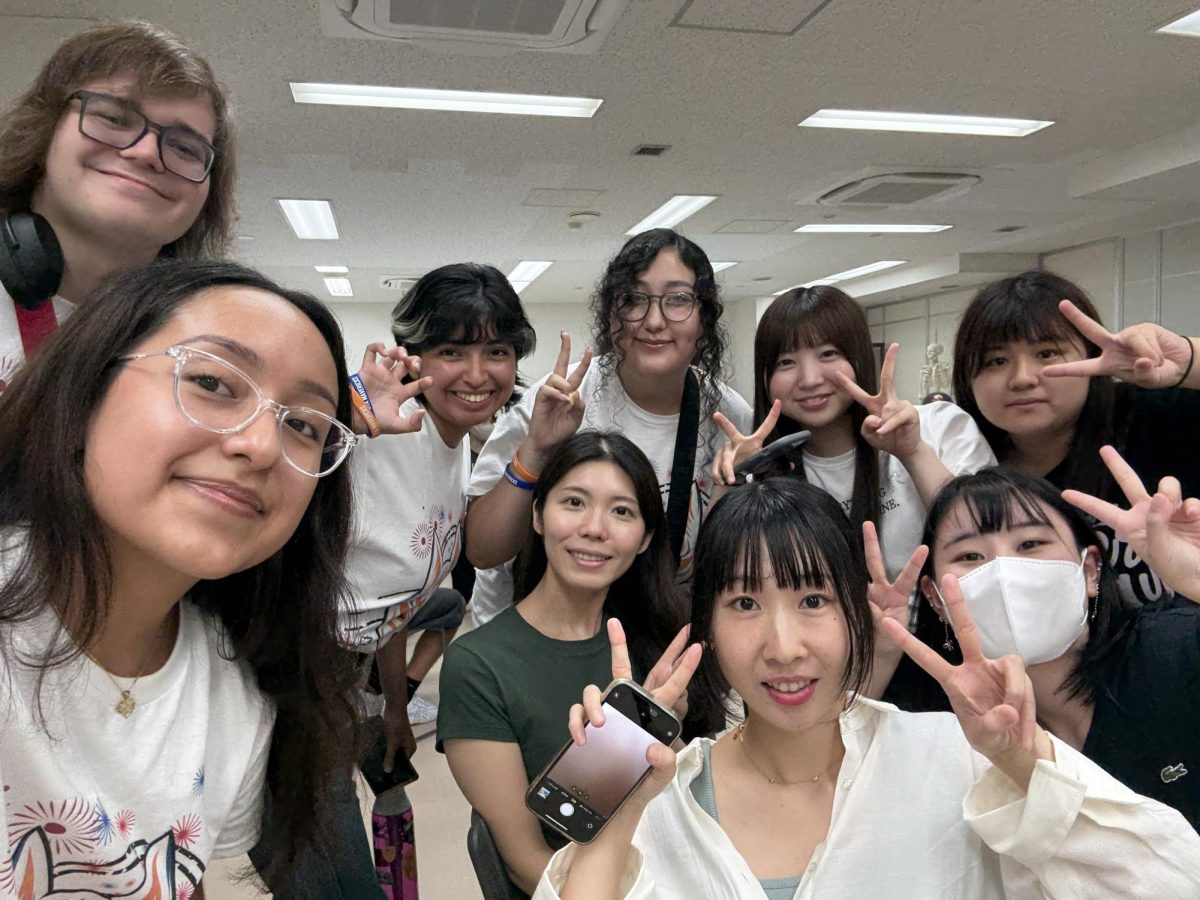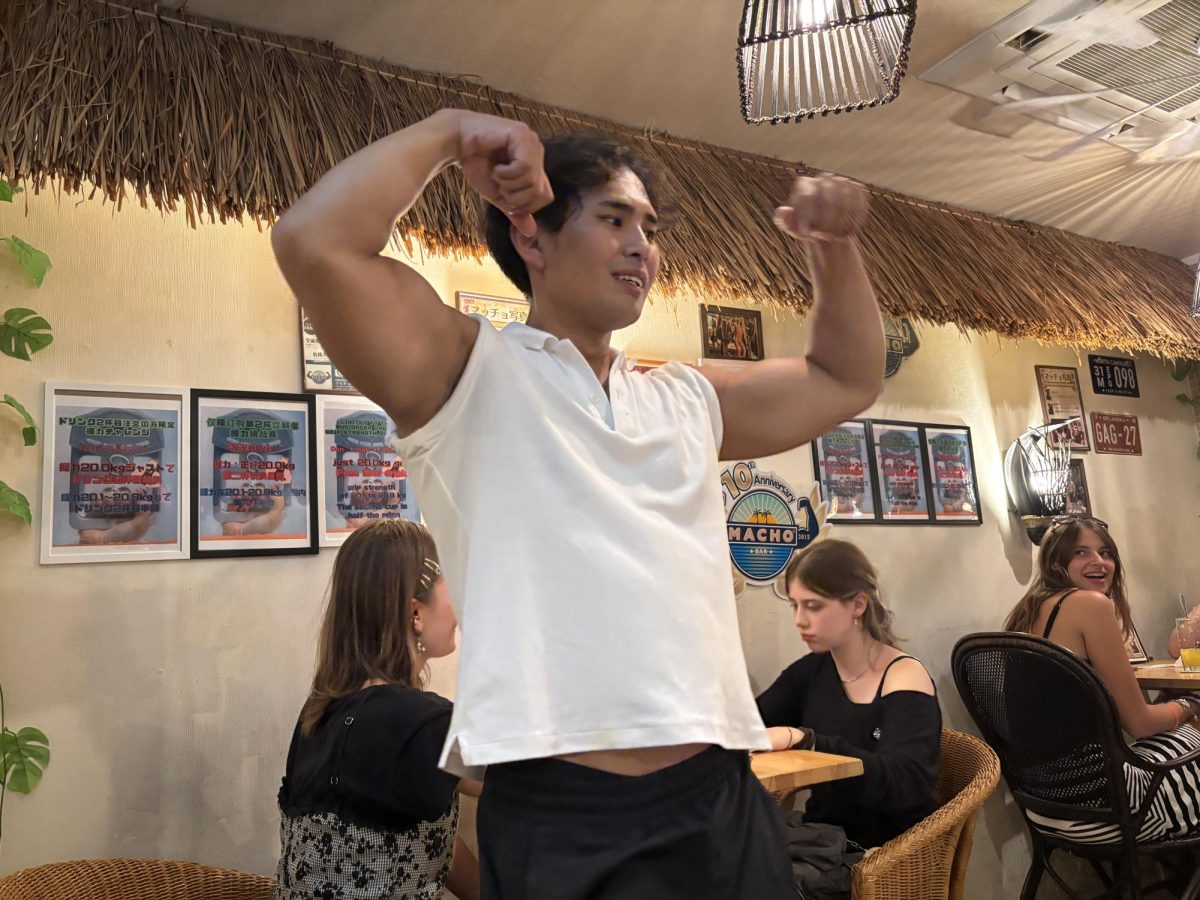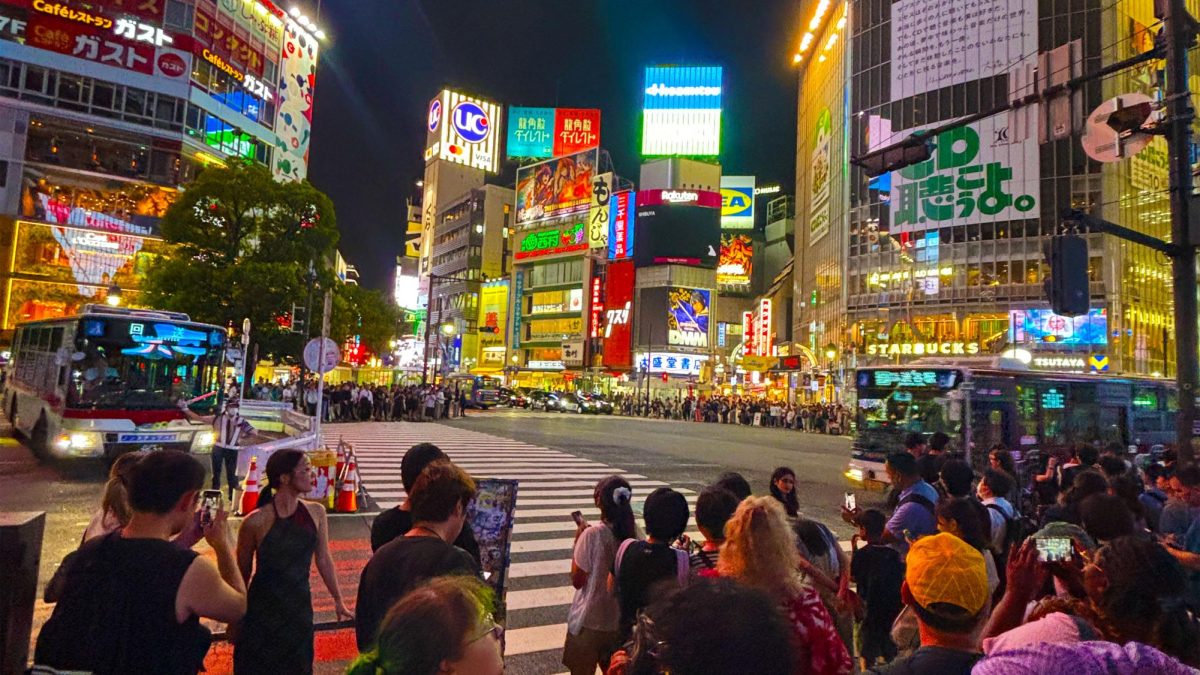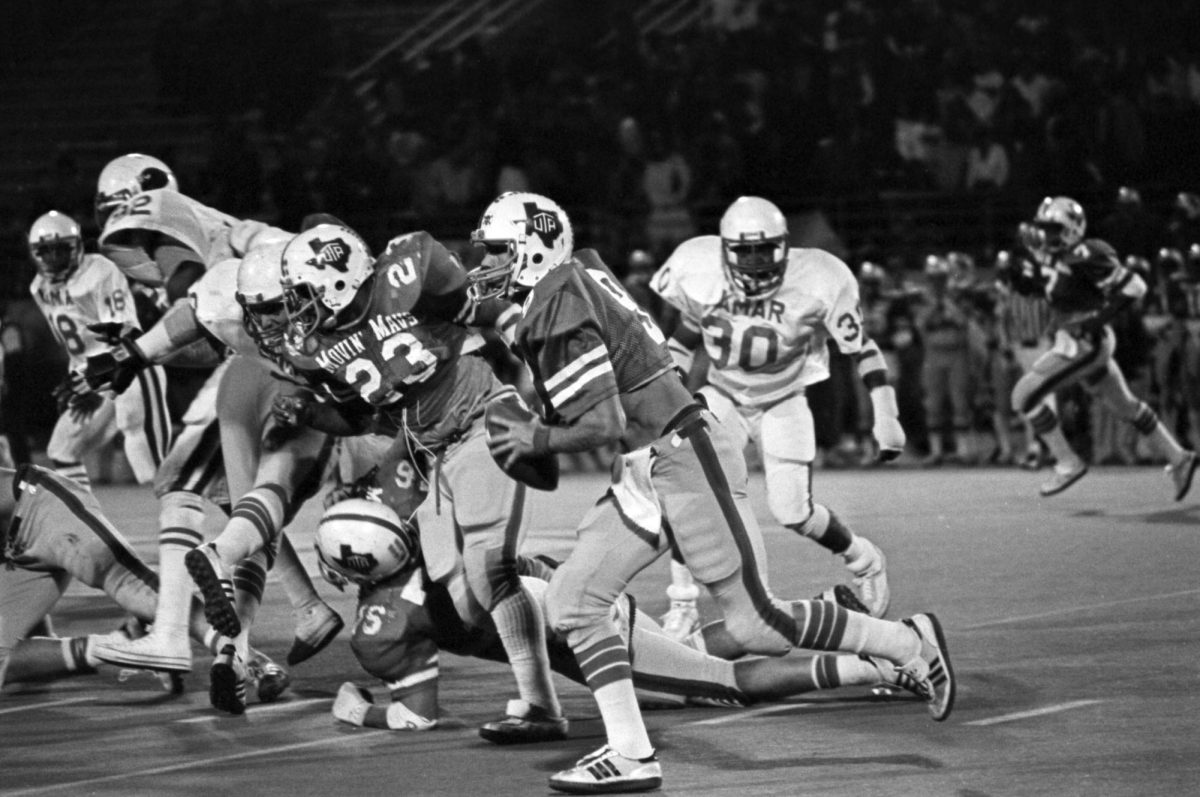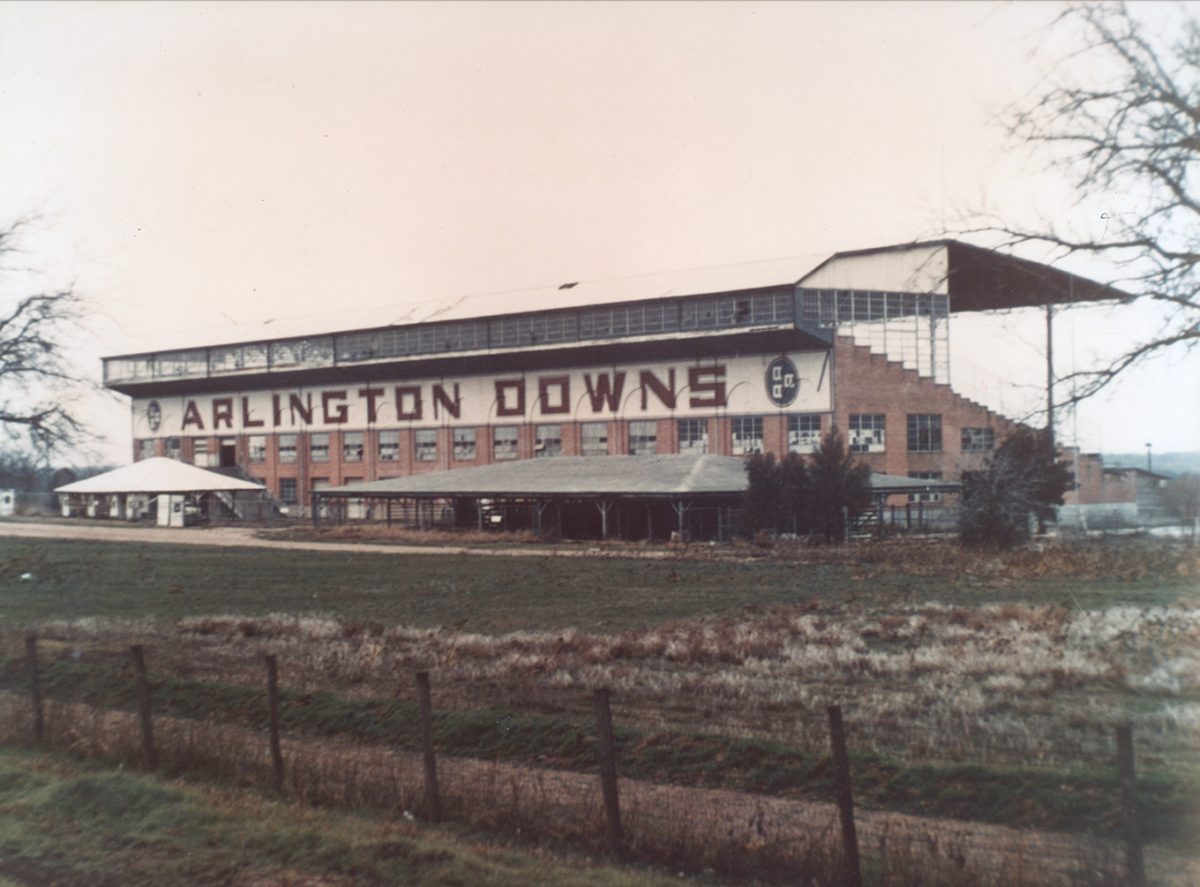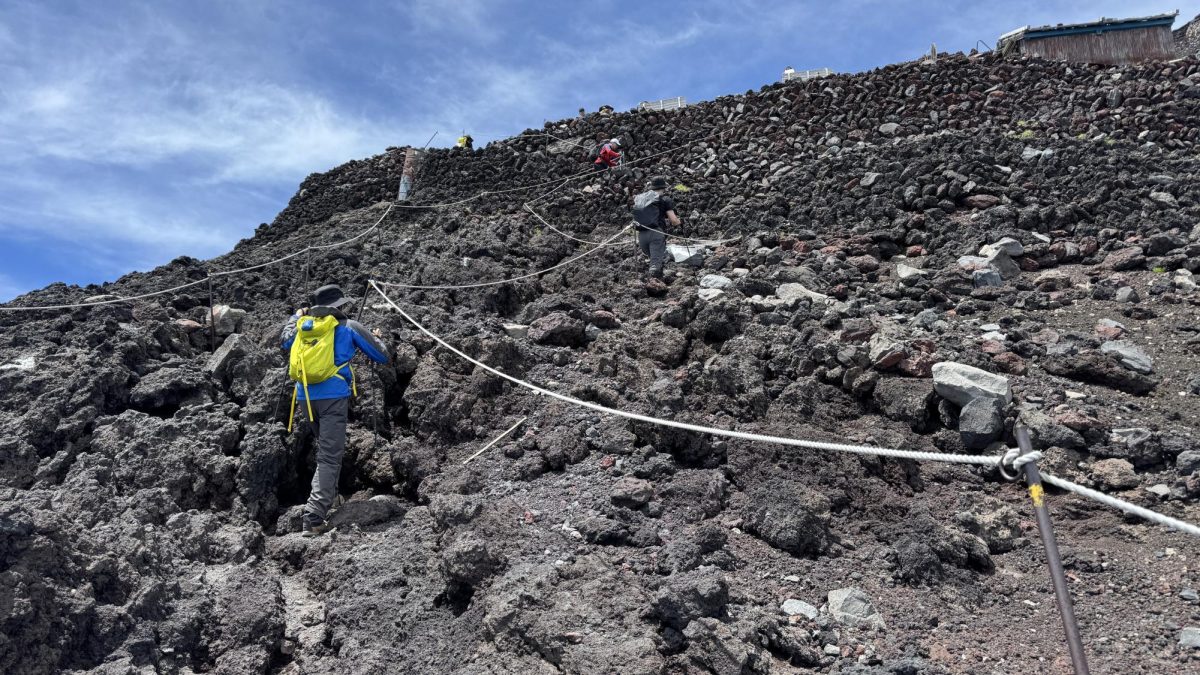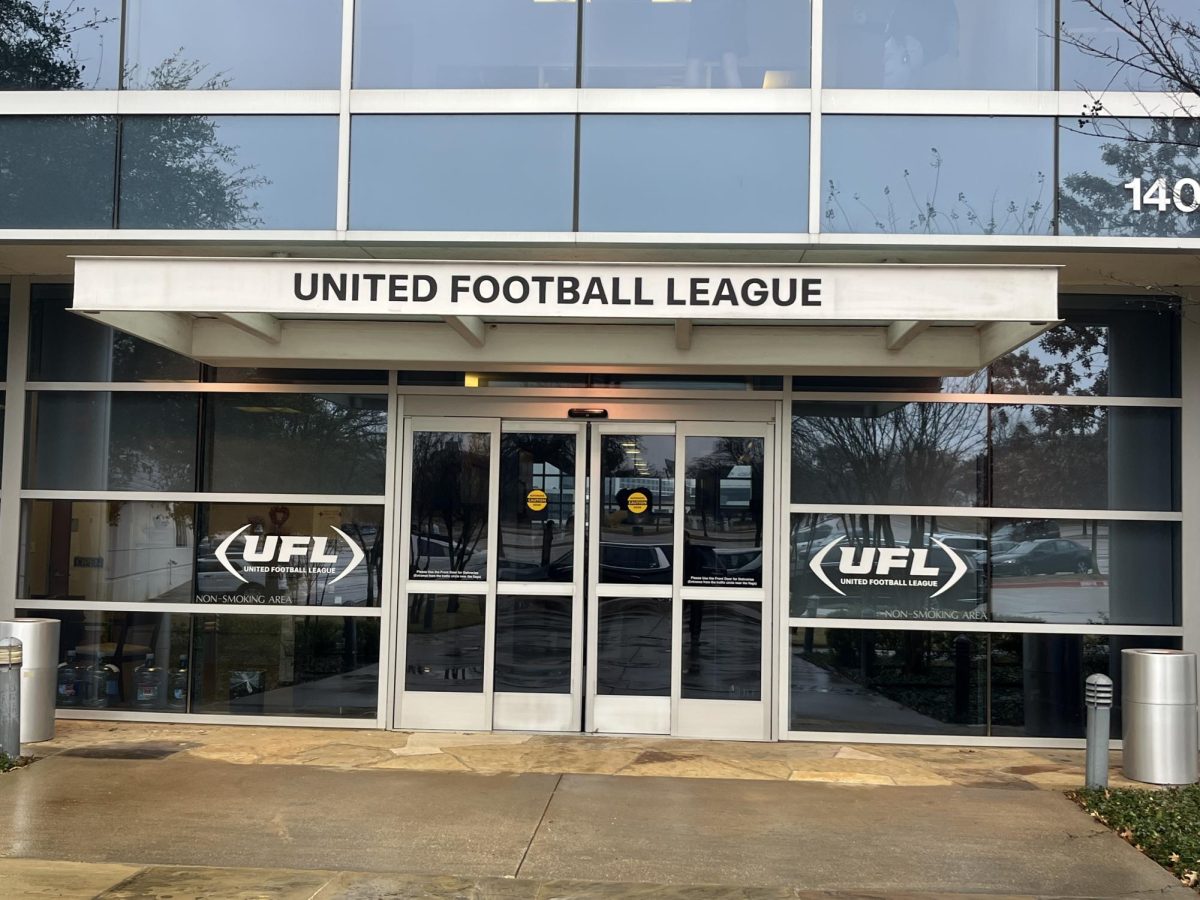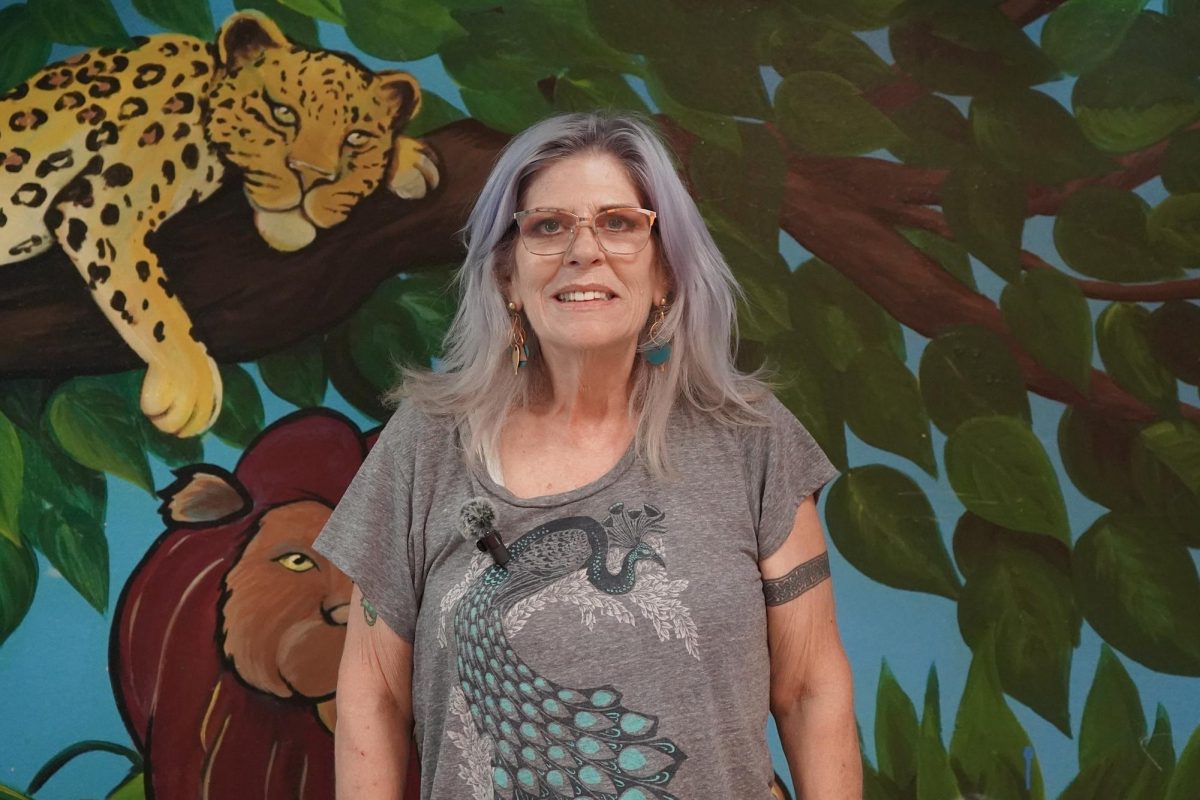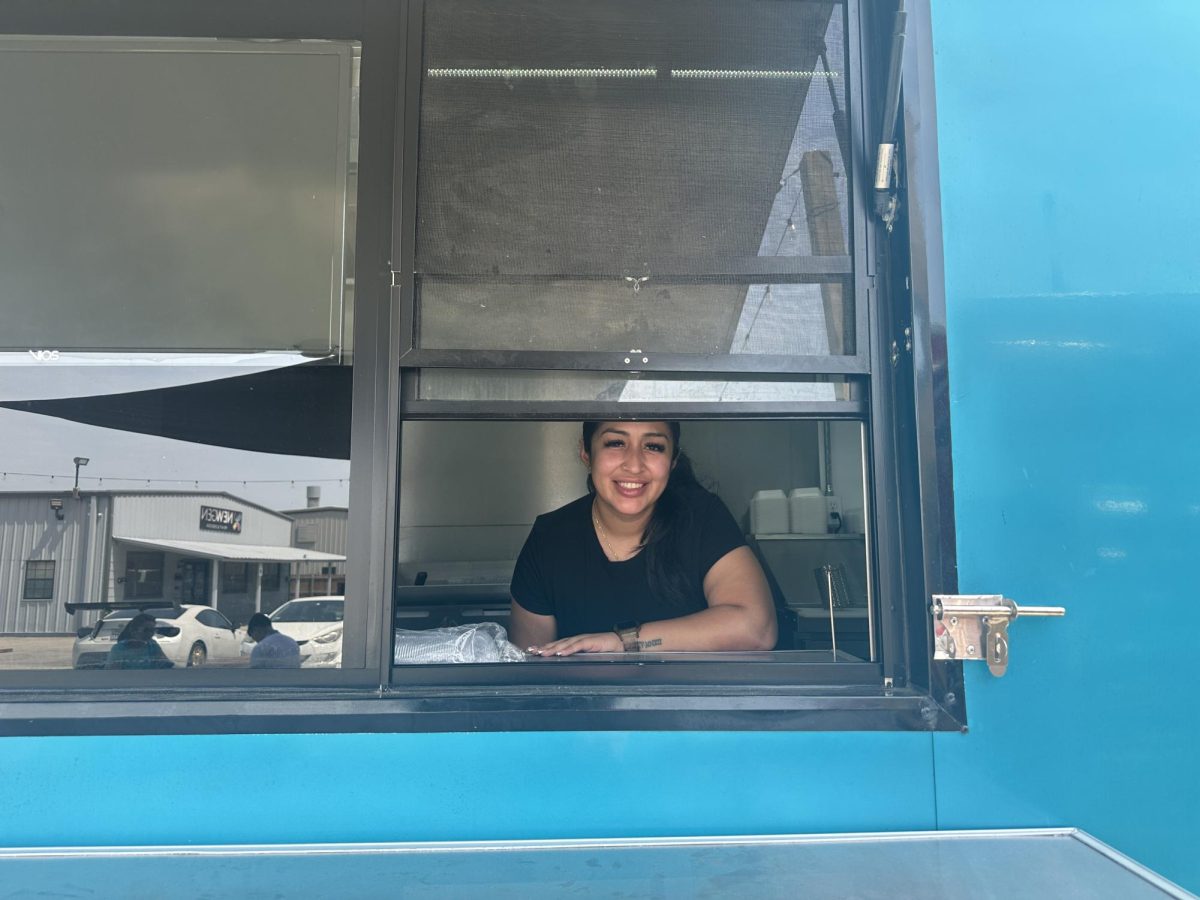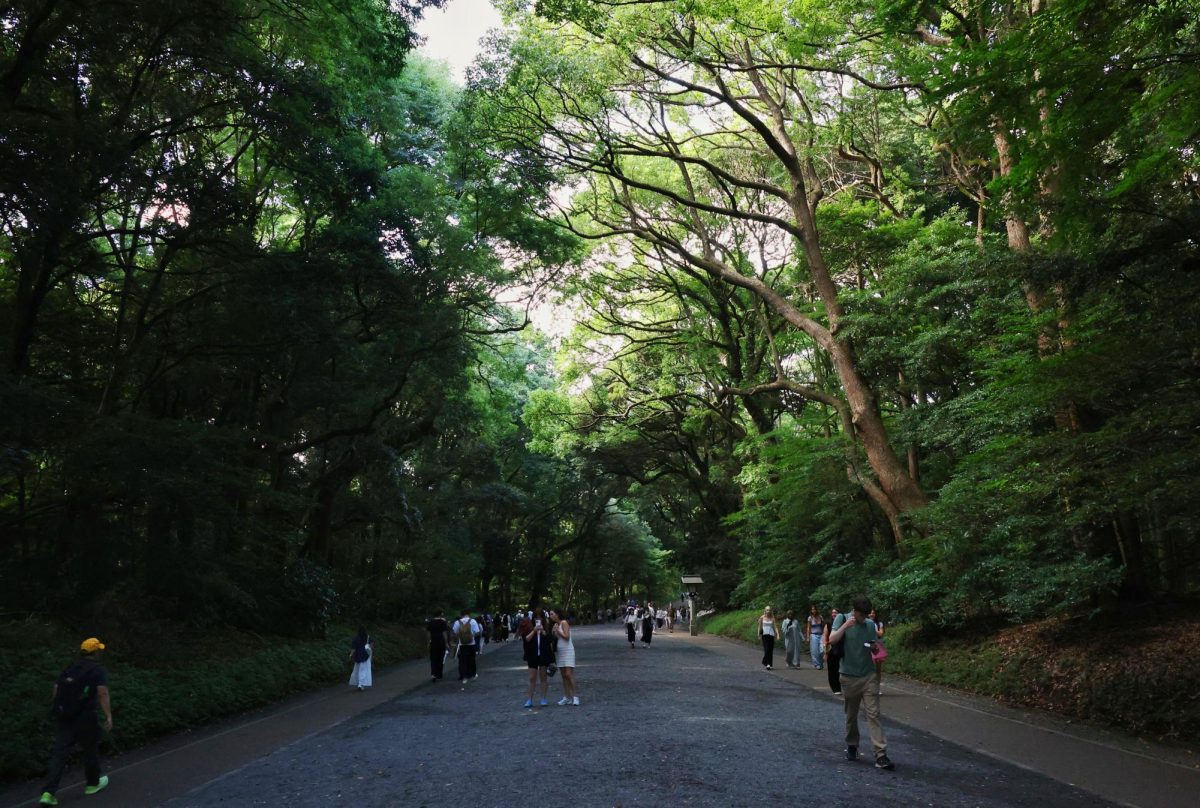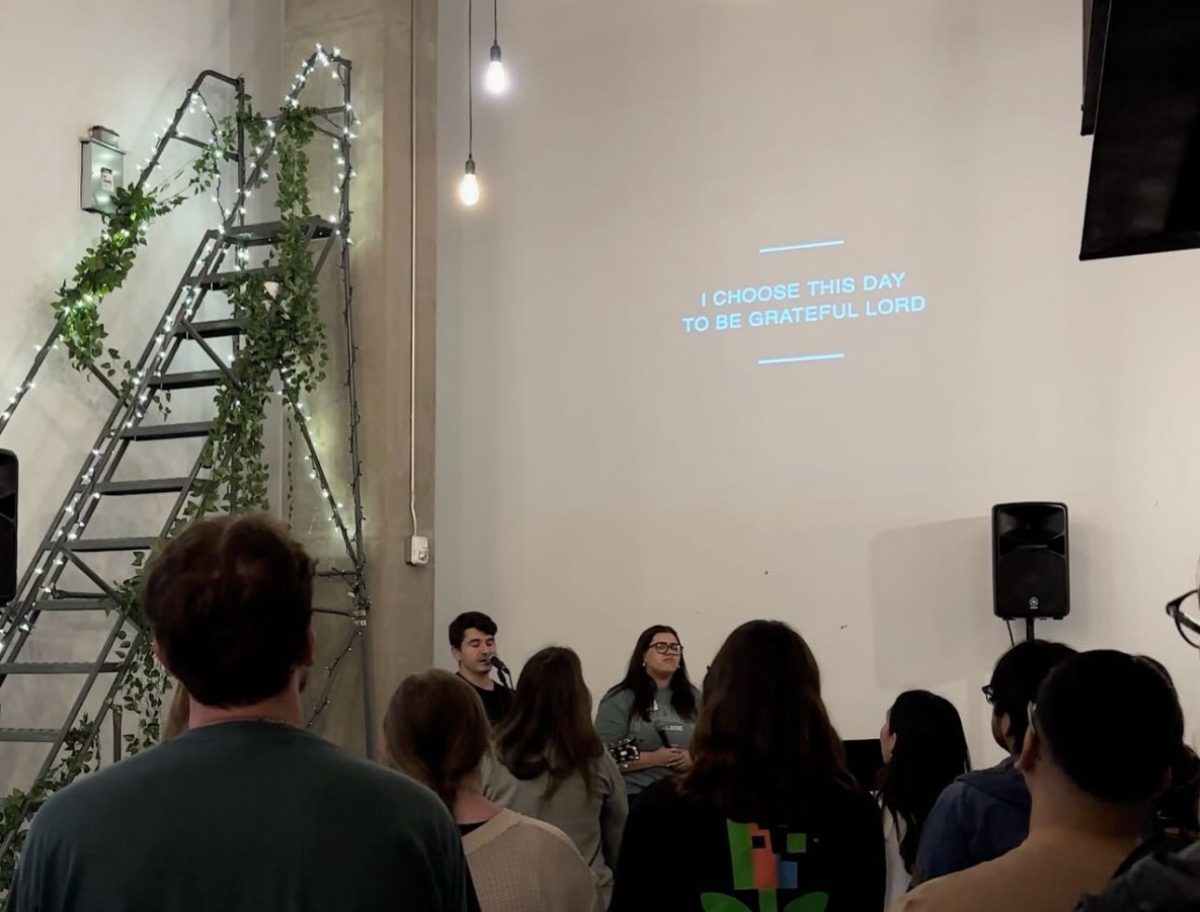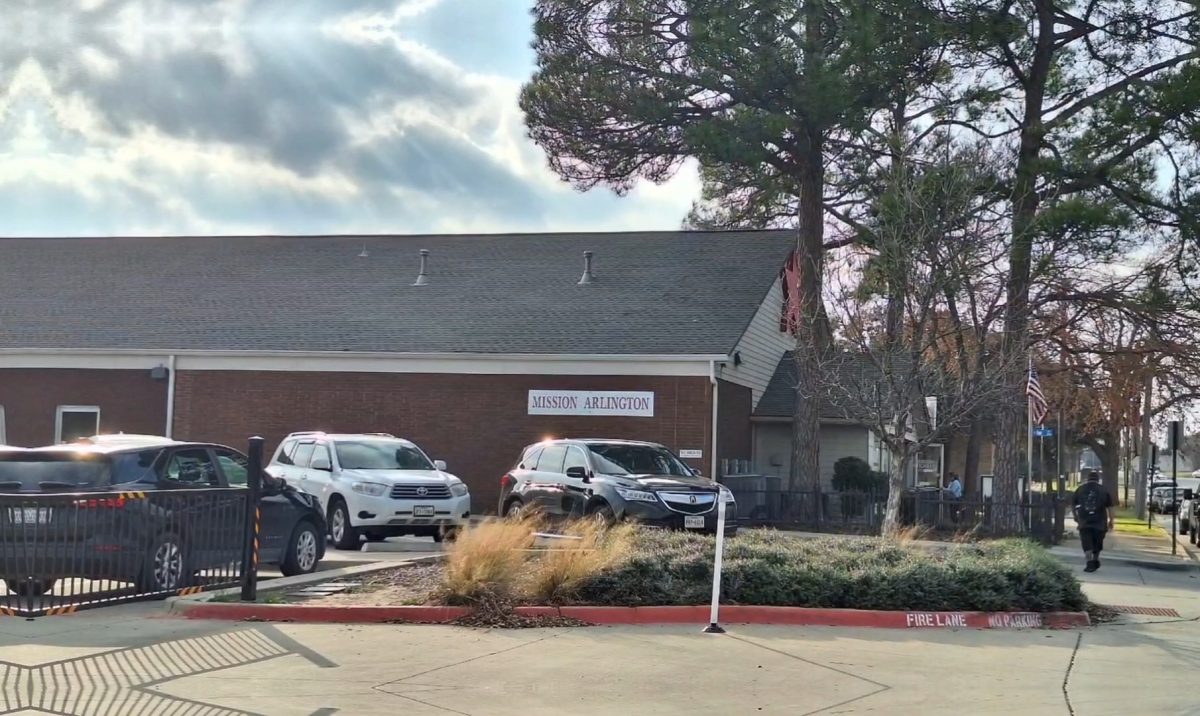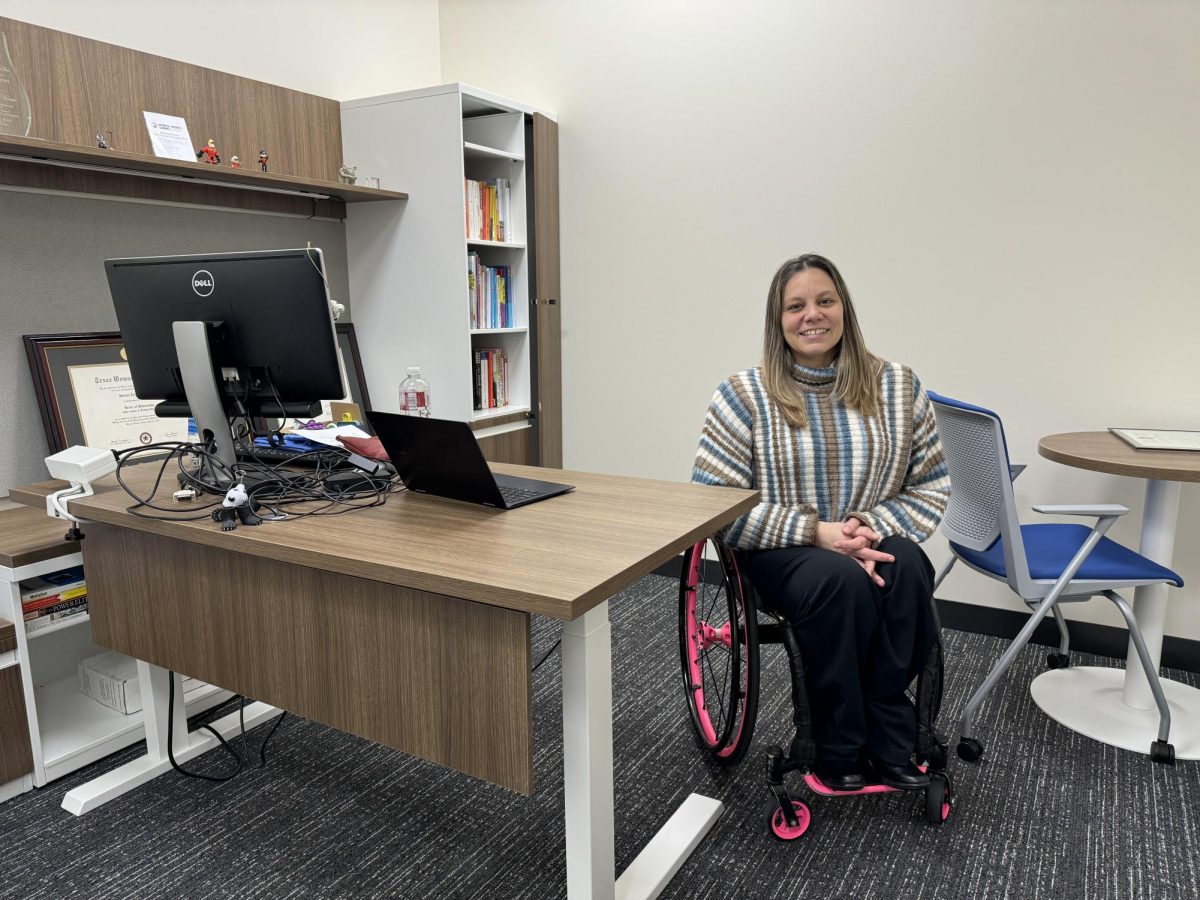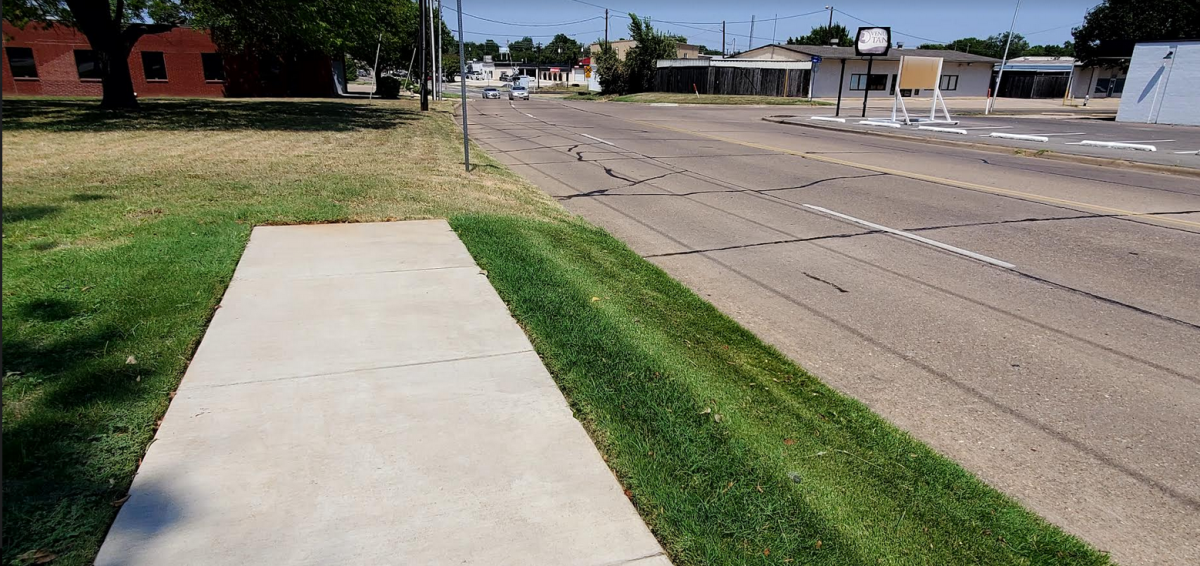ARLINGTON, Texas – People with disabilities are not an inconvenience. They can provide a necessary perspective on how our society needs to change. People with disabilities have had to adapt to their surroundings, but adapting isn’t the long-term solution.
The Mayor’s Committee on People with Disabilities has provided ways to give citizens with disabilities access to what Arlington has to offer, with pedestrian access, public transportation and increasing awareness about disabilities.
“We work really close with the mayor to have our voices heard,” Committee Chairperson Darlene Hunter said.
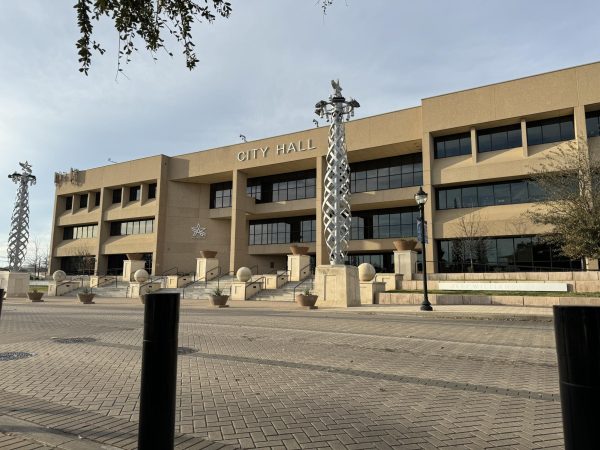
Hunter is a professor at the University of Texas at Arlington who teaches in the School of Social Work. She grew up in Walled Lake, Michigan, and has used a wheelchair since she was four years old.
“As I grew up, I wanted to make a change,” Hunter said. “How I got active in wanting to make things more accessible was just through my own life and the barriers that I had.”
When Hunter was diagnosed with a disability, the Americans with Disabilities Act hadn’t passed yet. The ADA is a law that protects people with disabilities in many areas of public life, from participating in local elections to having designated parking spaces.
“The ADA has helped in a lot of ways, but it still has so much to grow,” Hunter said. “It was written in 1990 and we still haven’t really amended it that much to meet the needs and requirements that we need as disabled people.”
Hunter and the committee have been working to meet those needs and requirements that disabled people need as much as possible. For example, the library system has a service that people with disabilities can request to have library books delivered to their home.
There are changes that need to be made for Arlington to become a more accessible city, but like any process, it takes time.
“When you’re working in government, nothing is fast,” Hunter said. “I’m an impatient person.”
And she has every right to be impatient. Increasing accessibility in Arlington will reduce isolation among people with disabilities. Change may take time, but it is happening.
“There was a bond that passed that all the elementary schools need to have accessible playgrounds,” Hunter said.
Over the past year, AISD elementary schools have been demolishing existing playgrounds and building new ones that are more accessible for children with disabilities.

“We tore up like all of the old playgrounds and put in new ones, which has been pretty fun to watch,” Hunter said.
It’s not just public schools that are getting new playgrounds and more accessibility features. Public parks, like Randol Mill, are undergoing some changes soon.
“It has a ramp, but there’s like a step-up to different things, like the slide,” Hunter said. “While some elements of it are inclusive, it still has a barrier.”
Randol Mill has set expectations for how the city can become more user-friendly, especially with children. Currently, the park has concrete basketball and tennis courts and provides facilities for adaptive sports groups like Miracle League, a non-profit organization that gives children and young adults with disabilities to play baseball.
While making existing areas in Arlington accessible is progress, it’s not the only thing that needs to be addressed. Accessible public transportation has been an ongoing battle in Arlington.
Hunter said that while public buses may not be an option in Arlington, there are public transportation services, like Handitran and VIA, that they are looking to improve to increase accessibility and independence for people with disabilities.
Handitran and VIA are only allowed to run through Arlington. For example, someone could request a ride through VIA to get them from the UTA campus to the Parks Mall, but not to places outside of Arlington, like Sundance Square in Fort Worth or Asia Times Square in Grand Prairie.
“We are working with other cities to see how we can transport through VIA, like can we partner with Fort Worth to move it throughout the cities and not just like, ‘Oh, here’s your small radius,’” Hunter said.
According to a 2023 study from WalletHub. Arlington is the fifth most diverse city in the US. It’s also one of two of the most diverse cities in Texas—the other being Houston.
“We strive to be The Dream City,” Hunter said. “If we’re striving to be The Dream City, then accessibility has to be at the top of your list.”
